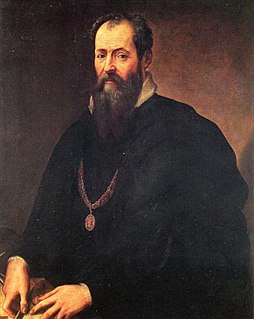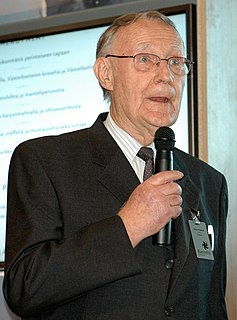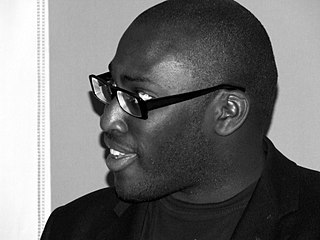A Quote by Ernest Legouve
If he could only see how small a vacancy his death would leave, the proud man would think less of the place he occupies in his lifetime.
Related Quotes
When a man sought knowledge, it would not be long before it could be seen in his humbleness, his sight, upon his tongue and his hands, in his prayer, in his speech and in his disinterest (zuhd) in worldly allurements. And a man would acquire a portion of knowledge and put it into practice, and it would be better for him than the world and all it contains - if he owned it he would give it in exchange for the hereafter.
If untimely death came only those who deserved that fate, Keturah, where would choice be? No one would do good for its own sake, but only to avoid an early demise. No one would speak out against evil because of his own courageous soul, but only to live another day. The right to choose is man's great gift, but one thing is not his to choose--the time and means of death.
If he looked into her face, he would see those haunted, loving eyes. The hauntedness would irritate him - the love would move him to fury. How dare she love him? Hadn't she any sense at all? What was he supposed to do about that? Return it? How? What could his calloused hands produce to make her smile? What of his knowledge of the world and of life could be useful to her? What could his heavy arms and befuddled brain accomplish that would earn him his own respect, that would in turn allow him to accept her love?
[In] death at least there would be one profit; it would no longer be necessary to eat, to drink, to pay taxes, or to [offend] others; and as a man lies in his grave not one year, but hundreds and thousands of years, the profit was enormous. The life of man was, in short, a loss, and only his death a profit.
Human beings look separate because you see them walking about separately. But then we are so made that we can see only the present moment. If we could see the past, then of course it would look different. For there was a time when every man was part of his mother, and (earlier still) part of his father as well, and when they were part of his grandparents. If you could see humanity spread out in time, as God sees it, it would look like one single growing thing--rather like a very complicated tree. Every individual would appear connected with every other.
The longer I live, the more it grieves me to see man, who occupies his supreme place for the very purpose of imposing his will upon nature, and freeing himself and his from an outrageous necessity--to see him taken up with some false notion, and doing just the opposite of what he wants to do; and then, because the whole bent of his mind is spoilt, bungling miserably over everything.
In my acquaintance with John Rawls, I found him to be a simple and honest man, who just by chance also happened to be the greatest moral philosopher of the twentieth century. I would like to think that I could emulate at least his modesty - his refusal to exaggerate his perception of himself and his place in the larger scheme of things - even if my work never compares with his in its importance.
...a condemned man who, at the hour of death, says or thinks that if the alternative were offered him of existing somewhere, on a height of rock or some narrow elevation, where only his two feet could stand, and round about him the ocean, perpetual gloom, perpetual solitude, perpetual storm, to remain there standing on a yard of surface for a lifetime, a thousand years, eternity! - rather would he live thus than die at once? Only live, live, live! - no matter how, only live!




































